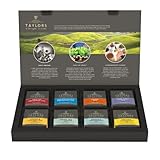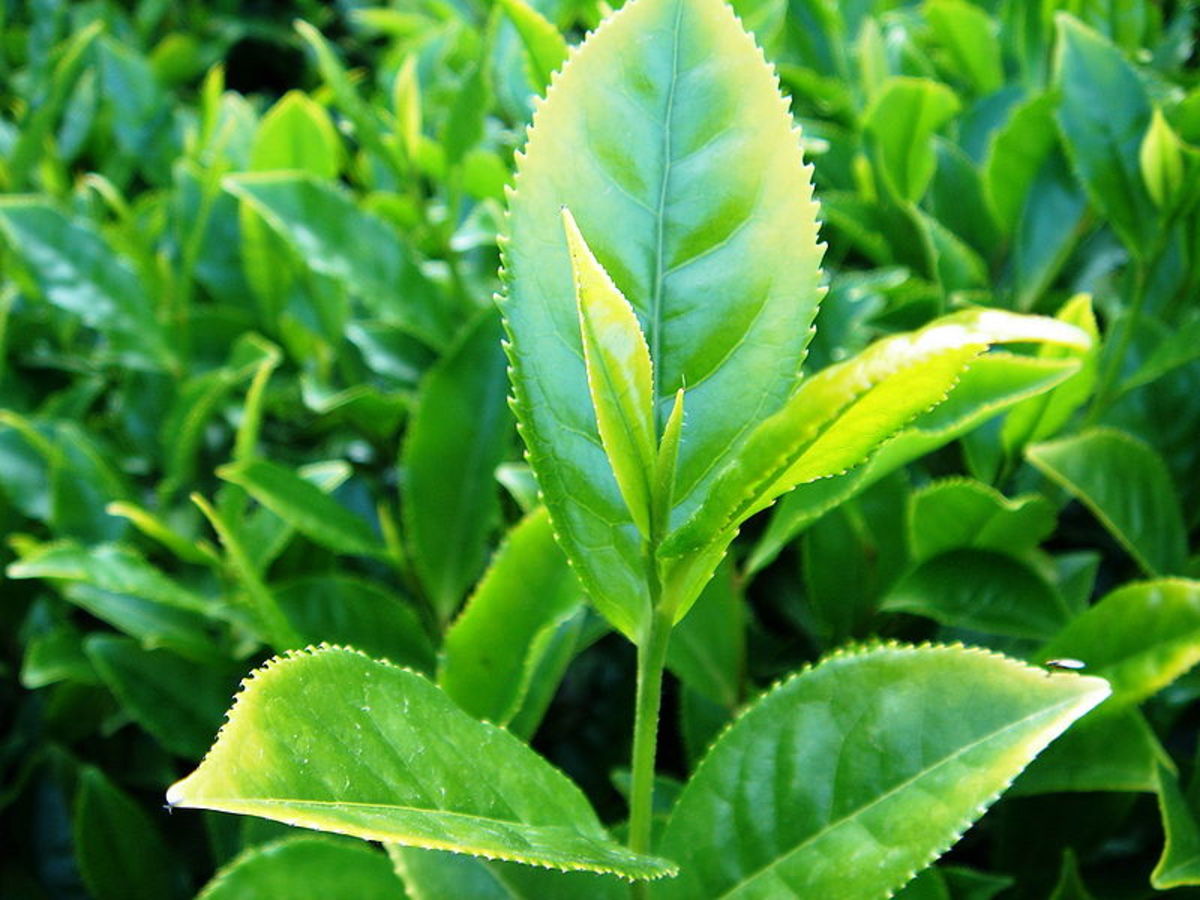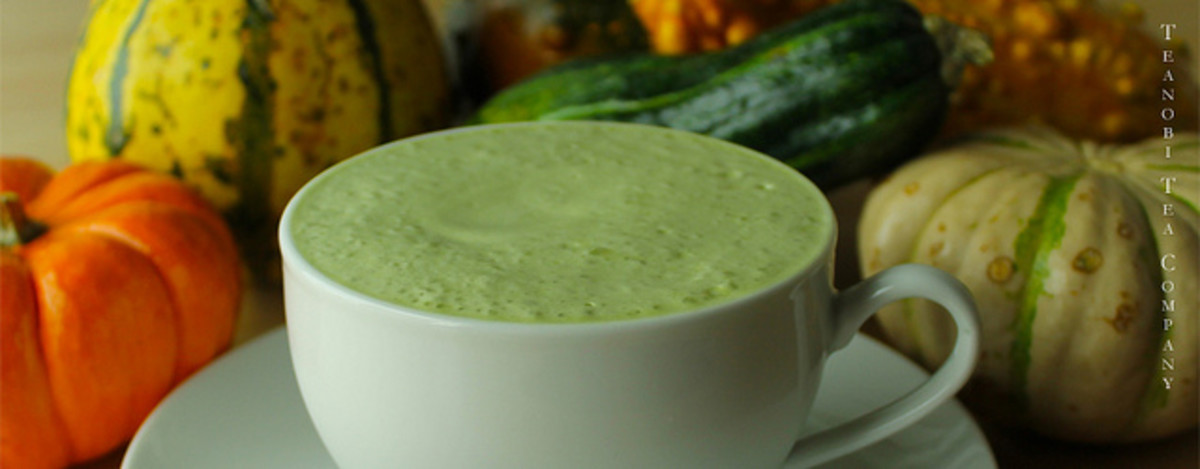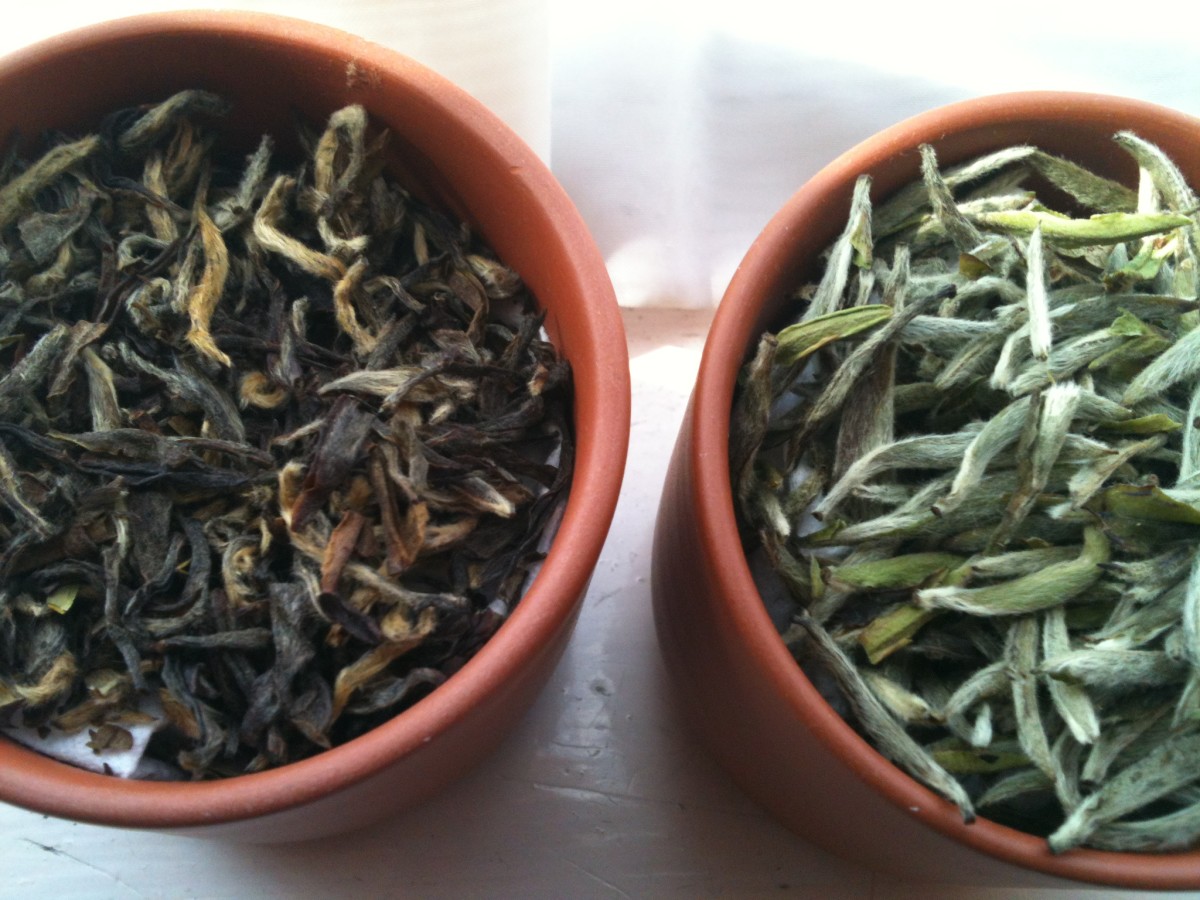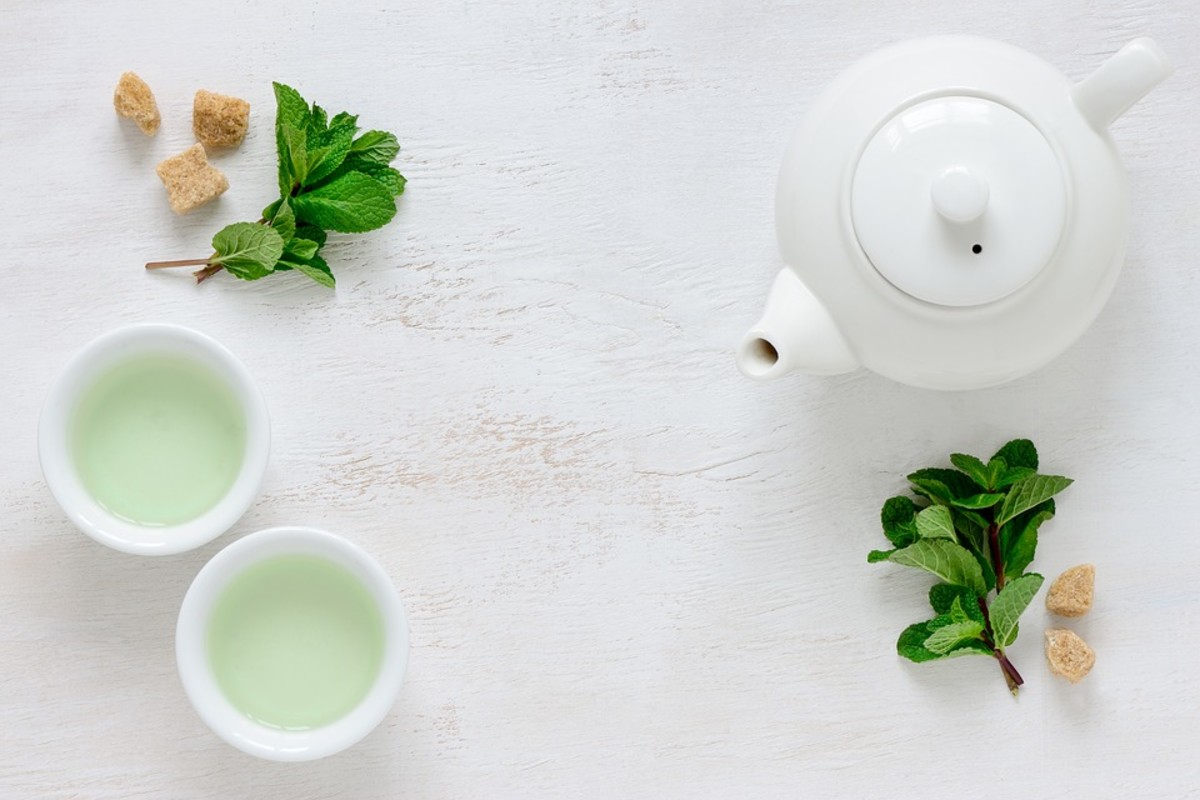The Health Benefits of Tea

What Is Tea?
While 'tea' is the label placed on many different types of brews and infusions, true tea is derived from the Camellia sinensis plant. This small shrub is found in Eastern countries such as China and India, and has been used by them for most of their long recorded history. The leaves of the shrub are dried and processed in different ways to produce green tea and black tea, with the less popular varieties called white tea, oolong tea and pu-erh tea also made in this way. Tea is highly praised for its high content of flavonoids, which are a type of anti-oxidant. Expert opinions vary as to how much tea should be consumed and how long the leaves should be steeped for to gain optimum benefits, but all are united in praising tea as a highly beneficial addition to a balanced diet.
The basic different types of tea;
- Black Tea
- Oolong Tea
- Green Tea
- White Tea
- Herbal Tea
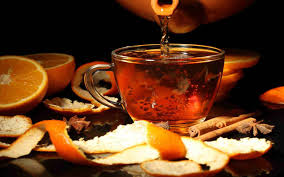
Black Tea
Black tea is fermented and dried, which gives it the distinct color. Black tea has high concentrations of antioxidant compounds which studies show are able to help lower levels of cholesterol. It has the highest caffeine content of all the types of tea. Black tea accounts for the vast majority of tea drunk world wide. It is available in many different flavors with peels, spices and other ingredients sometimes added to modify the flavor. Most iced tea is made from black tea. However, common additives such as milk and sugar can have a detrimental effect on the nutritional benefits of tea, in the form of added calories and other unwanted extras.

Oolong Tea
Oolong tea is similar to black tea, but has a shorter fermentation time. Studies have shown that drinking oolong tea may assist in the body's removal of triglycerides, which are harmful fats stored in cardiovascular cells. Other studies have suggested that drinking Oolong tea can aid regular weight loss efforts, and it is regularly marketed as a healthy weight loss supplement.
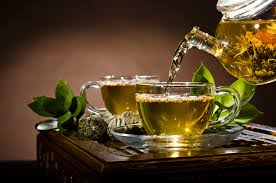
Green Tea
Green tea is dried soon after harvest, which keeps the leaf light in color and with a more delicate flavor. It ranks as the second most popular tea, and commercial varieties have become available with added flavorings. As it has a much more delicate flavor than the robust black tea, drinkers tend to use less additives such as sugar and milk. Green tea is widely regarded as a health drink, and many users consider it as a nutritional addition to their diet.

White Tea
White tea is made from young leaves that have been only minimally processed. It results in a tea with a milder flavor, a lower caffeine content and some studies suggest it has higher concentrations of possible cancer fighting agents. White tea is recommended to aid with some diabetic conditions, and has been shown to improve glucose tolerance and some cholesterol associated with type 2 diabetes. It has many of the same excellent health benefits as the other teas, and in some cases the benefits increase.

Herbal Tea
Herbal teas tend to not contain any actual tea leaves, and can be made up of a wide range of ingredients. The health benefits vary depending on what type of infusion is being consumed. Many varieties such as chamomile, peppermint and jasmine have become very common and widely recognized for their different properties. However, weight loss teas and other medicinal infusions should be approached with caution, as some can contain harmful ingredients. It is advisable to research ingredients before consuming these type of 'teas'.
Active ingredients found in tea
As all the types of tea are made from the same plant, they tend to contain similar health benefits. Different methods of processing and curing does enhance some properties over others, but in general all teas have some excellent benefits in common. All tea options contain high levels of antioxidants to help the body deal with free radicals, to improve heart health, to counteract different types of inflammation, and encourage a healthy immune system to protect from infections. Tea can also directly aid the immune system in fighting bacteria and viruses, notably offering some protection against the bacteria that causes tooth decay. In areas without ready access to fresh drinking water, the simple act of boiling water to brew the tea makes it a healthier option. Some studies show that drinking tea can assist with weight loss efforts by increasing metabolic functions and helping to control appetite. Caffeine has also been a widely used substance to assist with weight loss, as well as its more commonly known use as a stimulant. There have been studies which suggest that drinking tea can be beneficial for anti-inflammatory purposes. Rheumatoid arthritis sufferers were encouraged to drink it for the calming purposes. Tea also has the Amino Acid L-Theanine, which has many health benefits attached to it. Aside from the tradition method of drinking brewed tea, many people use tea for its topical applications on their skin. A moist tea bag on puffy eyes is said to reduce swelling, and on sun-burnt skin is said to have a calming and healing effect.
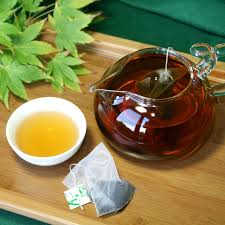
Possible drawbacks of Tea
Excessive consumption of any food or drink is less than ideal for good nutrition, and that includes tea. Tea has naturally occurring fluoride, which is good for strong teeth. However, excessive consumption can push fluoride levels past the recommended daily intake (although still well below danger levels). Pesticides and other chemicals are occasionally used in the production of tea, so organic teas are a safer option. There has been links between consumption of excessively hot beverages and esophageal cancer; while this is not limited to tea, it is a reminder to drink any boiling water infusion once it has cooled slightly. The most common drawback is the additives people choose to have with their tea. Excessive sugar, milk and the custom of consuming baked goods with tea all add to the calorie count and can be detrimental to a well balanced diet.
Tea has been proven over thousands of years to be a refreshing, tasty beverage with a wide range of health benefits. The different types of tea produced by the curing and fermenting processes vary in their levels of nutrients, but all contain verified health benefits. Regardless of the way the leaves have been prepared, tea makes a fantastic addition to a healthy lifestyle.
Other "Health Benefit" Articles by this Author!
- The Health Benefits Of Drinking Lemon Water
The health benefits of drinking lemon water, and drinking warm lemon water. These little superfruits can really change your life, just by drinking a glass of lemon water once or more a day! - The Health Benefits Of Pomegranate
Pomegranates are considered as one of the oldest fruits; cultivated in human civilization. - The health benefits of Lime Water
Lime juice & Lime water, keep your liver healthy, keep your body refreshed and lose weight, all by adding this one ingredient to your daily water intake! Start keeping your body healthy! - The Health Benefits Of Acai Berry
The health benefits of acai berry and drinking acai berry juice. These berries are a superfood berry that have several benefits that include weight loss and anti-aging potentials! - The Health Benefits Of Grapefruit
Grapefruit and its health benefits are rather interesting. The Grapefruit gets its name from the way it grows in clusters just like grapes, along with a long list of benefits just like the grape. - The Health Benefits Of Coconut Water
The amazing health benefits of Coconut water, Coconut water can be used as a sports drink, and can naturally remedy dehydration. Coconut water has endless health benefits.

